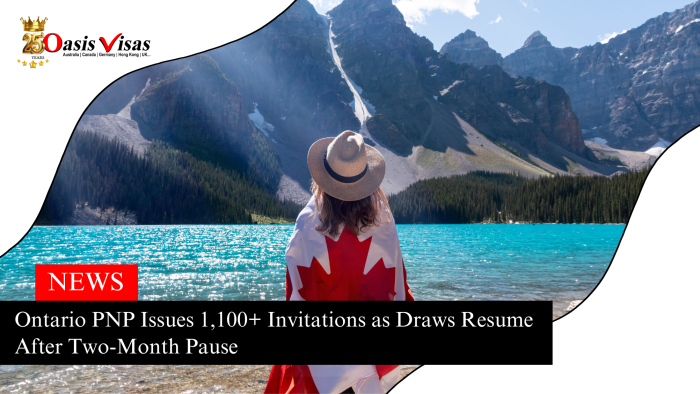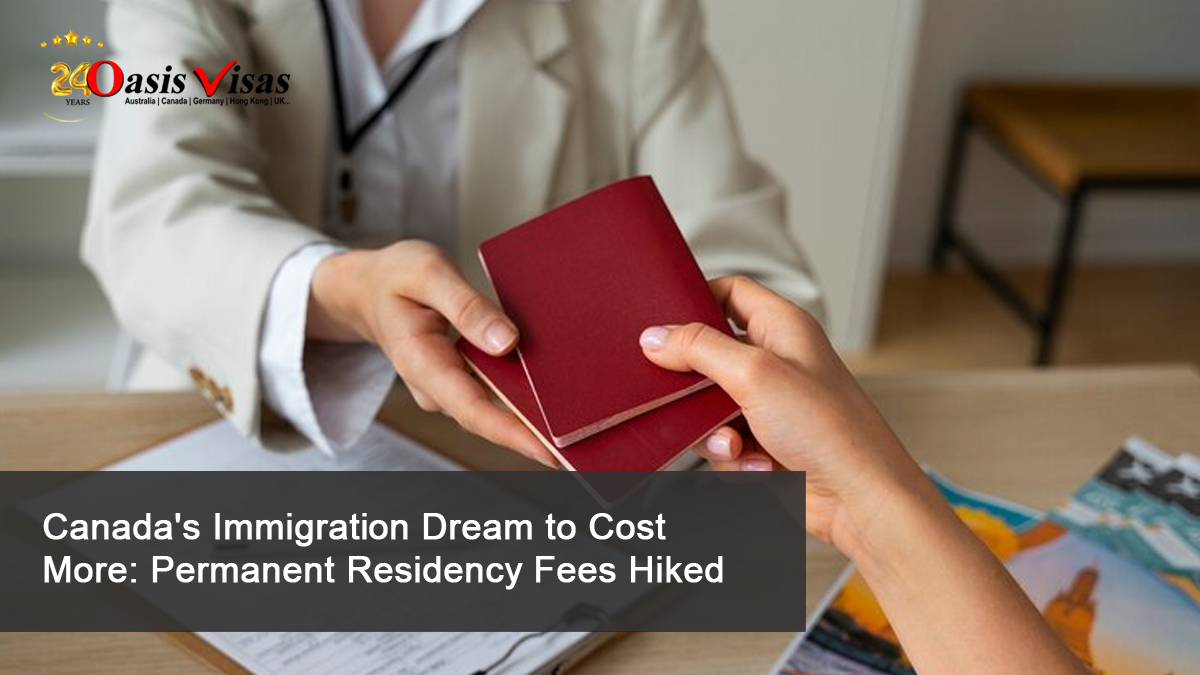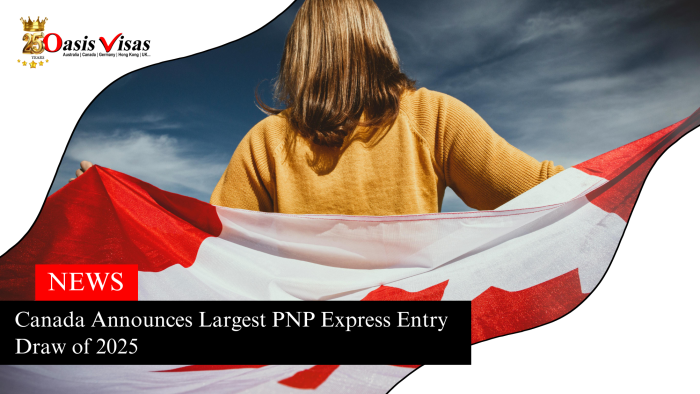
For those harboring dreams of making Canada their permanent home, the journey is about to become more expensive. The Immigration, Refugees, and Citizenship Canada (IRCC) has announced an impending increase in various permanent residence (PR) fees, effective from 9 am Eastern Time on April 30, 2024. This fee adjustment is a statutory requirement, mandated by Canada’s Immigrant and Refugee Protection Regulations (IRPR), which stipulates that fees must be revised based on the cumulative percentage increase in the Consumer Price Index for Canada, as published by Statistics Canada.
The IRCC has cited the need to align its fees with the rising costs associated with processing applications and maintaining high service standards as the primary reason behind this fee hike. The new rates have been determined by factoring in the cumulative percentage increase to the Consumer Price Index for Canada for the previous two years (2022 and 2023), rounded to the nearest five dollars.
Here’s a comprehensive breakdown of the fee changes that will be in effect until March 2026, impacting various immigration categories:
The Right of Permanent Residence Fee, a mandatory charge for all permanent resident applicants except dependent children and protected persons, will rise from $515 to $575 for principal applicants and accompanying spouses or common-law partners.
For categories like Federal Skilled Workers, Provincial Nominee Program, Quebec Skilled Workers, Atlantic Immigration Class, and most economic pilots (Rural, Agri-Food), the fees will see a substantial hike:
– Principal applicant: $950 (previously $850)
– Accompanying spouse or common-law partner: $950 (previously $850)
– Accompanying dependent child: $260 (previously $230)
The Live-in Caregiver Program and caregivers pilots (Home Child Provider Pilot and Home Support Worker Pilot) will also face increased costs:
– Principal applicant: $635 (previously $570)
– Accompanying spouse or common-law partner: $635 (previously $570)
– Accompanying dependent child: $175 (previously $155)
The Business category (federal and Quebec) will witness one of the most significant fee jumps:
– Principal applicant: $1,810 (previously $1,625)
– Accompanying spouse or common-law partner: $950 (previously $850)
– Accompanying dependent child: $260 (previously $230)
For Family reunification cases, including spouses, partners, children, parents, grandparents, and other relatives, the fees have been adjusted as follows:
– Sponsorship fee: $85 (previously $75)
– Sponsored principal applicant: $545 (previously $490)
– Sponsored child (principal applicant under 22 years old and not a spouse/partner): $85 (previously $75)
– Accompanying spouse or common-law partner: $635 (previously $570)
– Accompanying dependent child: $175 (previously $155)
The fees for Protected persons, Humanitarian and compassionate consideration / Public policy, and Permit holders have also been revised accordingly.
While certain categories are exempt from paying the Right of Permanent Residence Fee, the IRCC has clarified that principal applicants in the “Humanitarian and compassionate” and “Public policy” categories are exempt only under specific circumstances outlined in the Immigration and Refugee Protection Act. Additionally, members of the “Permit holder” class cannot include accompanying family members in their applications and must submit individual applications as principal applicants, each subject to the applicable fee.
As the financial commitment to realizing the Canadian dream intensifies, prospective immigrants must now factor in these increased expenses as they plan and budget for their journey to permanent residency. The IRCC maintains that the fee adjustments are necessary to ensure the sustainability and efficient operation of Canada’s immigration system, which continues to attract skilled workers, family members, and vulnerable individuals from around the world.
While the fee hikes may pose additional challenges for some applicants, Canada remains a sought-after destination, offering economic opportunities, a high quality of life, and a diverse and inclusive society. Aspiring permanent residents are encouraged to carefully assess their financial situation, seek professional guidance if necessary, and plan accordingly to navigate the revised fee structure seamlessly.
As the world watches with keen interest, Canada’s immigration policies continue to evolve, striking a delicate balance between attracting global talent and maintaining a fair and accessible system for those seeking a better life within its borders.








